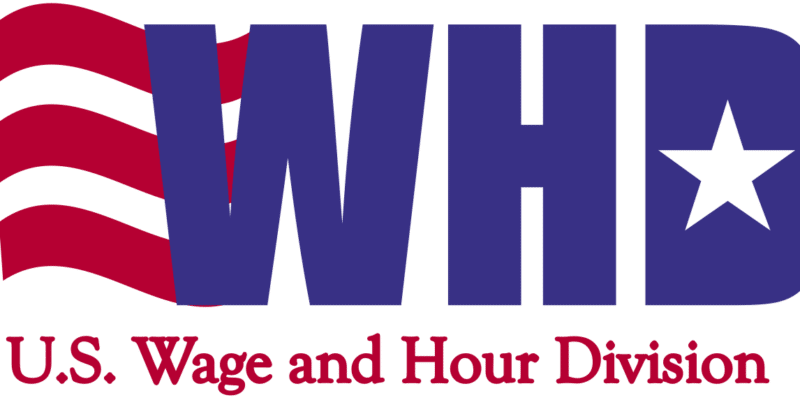NAFC is pleased to announce that its Board of Directors has elected Board
Member Ernesto (“Ernie”) J. Ordonez as its new Chairman and President. Ernie
succeeds Rocco Davis, retired Vice President of LIUNA. Ernie is a LIUNA Vice
President and Regional Manager of its Pacific Southwest Region covering the
states of California, Hawaii, Arizona. Ernie is a 2006 graduate of the Harvard Trade
Union Program. He is a second generation Laborer, becoming a member of
LIUNA Local 89 in San Diego, CA upon his graduation from high school .
During his career, Ernie has worked as a Laborer, Laborer Foreman, Recording
Secretary and Field Representative for Local 89, International Representative and
Assistant Regional Manager for the LIUNA Pacific Southwest Region before
assuming his position as Regional Manager.
NAFC welcomes Ernie to his new position and extends heartfelt thanks to retiring
Chairman and President Rocco Davis for his years of dedication and service to
NAFC, its members and to the entire labor movement.








